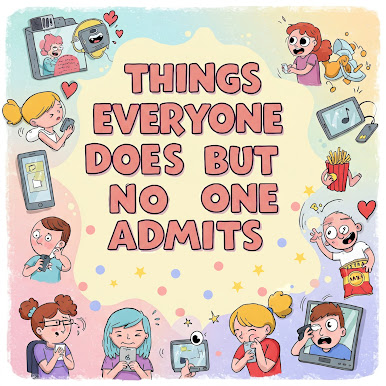What to Expect as a Writer
Now that you’ve become a writer and have sent it off to an editor to peruse, here’s what you should know:
Delayed Response Time
You’ve sent your manuscript/article to the editor and if you think you are going to receive a reply soon…well, that may not happen at all.
Some publishers will mention in their guidelines that they will “usually respond between two weeks to a month”.
Unfortunately, editors receive a high volume of submissions they have to sift through to find the “one” that they will eventually want to publish. Because of that they won’t be able to uphold their promise regarding the response time.
While some editors will do you the favor of responding, others will not even send you a “don’t-reply” email.
Dealing With Rejections
Do not be disheartened. This is the business. Editors will take time to respond. Occasionally they will be pretty swift with their decision and that is a bad thing because that means they needed only a couple of sentences to realize your writing isn’t up to their standard.
If they take a month to reply, even if it is in the negative, that may mean they did go through a couple of chapters or read the entire article before they made that decision.
Take it as encouragement that your writing was good enough to hold the editor’s interest for a little while at least.
Now here’s another fact: Every writer, at some point, has received a rejection. No one is immune to that rejection slip and only those who decide not to give up and work hard, climb the ladder to success.
Becoming a writer is a journey and along the way there are going to be a lot of rejections, and not all of them would mean that your writing is bad. Sometimes, the editors are looking for something else, or don’t want to entertain your submission because the market is saturated with that idea. It could be a dozen things and not all of them would mean that you are a bad writer.
And after getting all these rejections, that one acceptance is the ultimate prize. That feeling you get when an editor finally accepts your manuscript or article and offers you a contract, that is the best feeling in the world.
You’ve been accepted and offered a contract! Now what?
Read that contract carefully. If you don’t understand it, get someone who does. And if you can’t understand it still, directly ask the editor.
It’s the best feeling in the world to get a contract for sure, but it is the worst feeling too when you realize you got duped.
Be aware of what you are being offered and as a rule, if you have to pay to get your work published, beware of vanity publishers. You may be tempted to pay that small feel with the promise to have complete control over the publication process only for everyone to get shut down indefinitely. And chances are good you may lose the money and may not get your rights back.
Yes, it will be your hard work, your little creative baby, and you can’t even hold it. So be sure to read that contract carefully and be sure that is the amount you are ready to receive once you sign on it.
If you are planning to go the e-publishing way, be advised that you won’t be getting an advance but a percentage of the profits which is fair because especially small e-publishers usually make a small fee after paying part to the platform they are using like Barnes & Noble and Amazon Kindle.
Now that you’ve signed the contract…
Be ready to work with the editor although that too may not happen immediately. Especially where novels are concerned, expect to hear from your editor again after about a month when they’ve assigned an assistant editor to work with you. Then it’s another month or so before revisions are sent and you have to review the changes.
Sometimes the process is faster, but the longer your novel is, the more time the editor will take as they thoroughly go through it.
Once changes are approved, the manuscript is sent for publishing and then there is more work to be done. The book cover and formatting is next.
Sometimes you will get to approve the book cover, other times, the publisher will have full say in what should your book cover be. It all depends on the contract you signed. You did read it properly, didn’t you?
After that, your manuscript will be scheduled and that may not be for another month or so, or perhaps the publisher will decide that the genre of your manuscript is well-suited for a particular month.
Romance for February, Horror for October, Family Stories for December…etc.
Expect to wait a bit more then.
You’ve been published!
That’s it! You’ve made it! You’ve got your work published. In your mind , you’re sticking out your tongue at all the nay-sayers who said you wouldn’t cut it as a writer.
Your work is done!
Um…actually…no.
As a writer, here’s something else you didn’t think came with the job…promotions!
Yes, you’ve worked hard and written that masterpiece but you’ve got to let people read it now. And how will they do it if they can’t find it?
Get on social media, start a blog, make small ads…the list is endless.
Soon enough, you’ll realize that your typing speed and software usage isn’t the only skill you need. You may need to learn a few photo shop skills too.
The publishing house has a responsibility to promote your work too but as do you.
You have to get on Twitter now! Join social media groups, connect with other writers, garner a decent amount of followers who want to check out your work.
Writing is a full-time job for sure!



Comments
Post a Comment